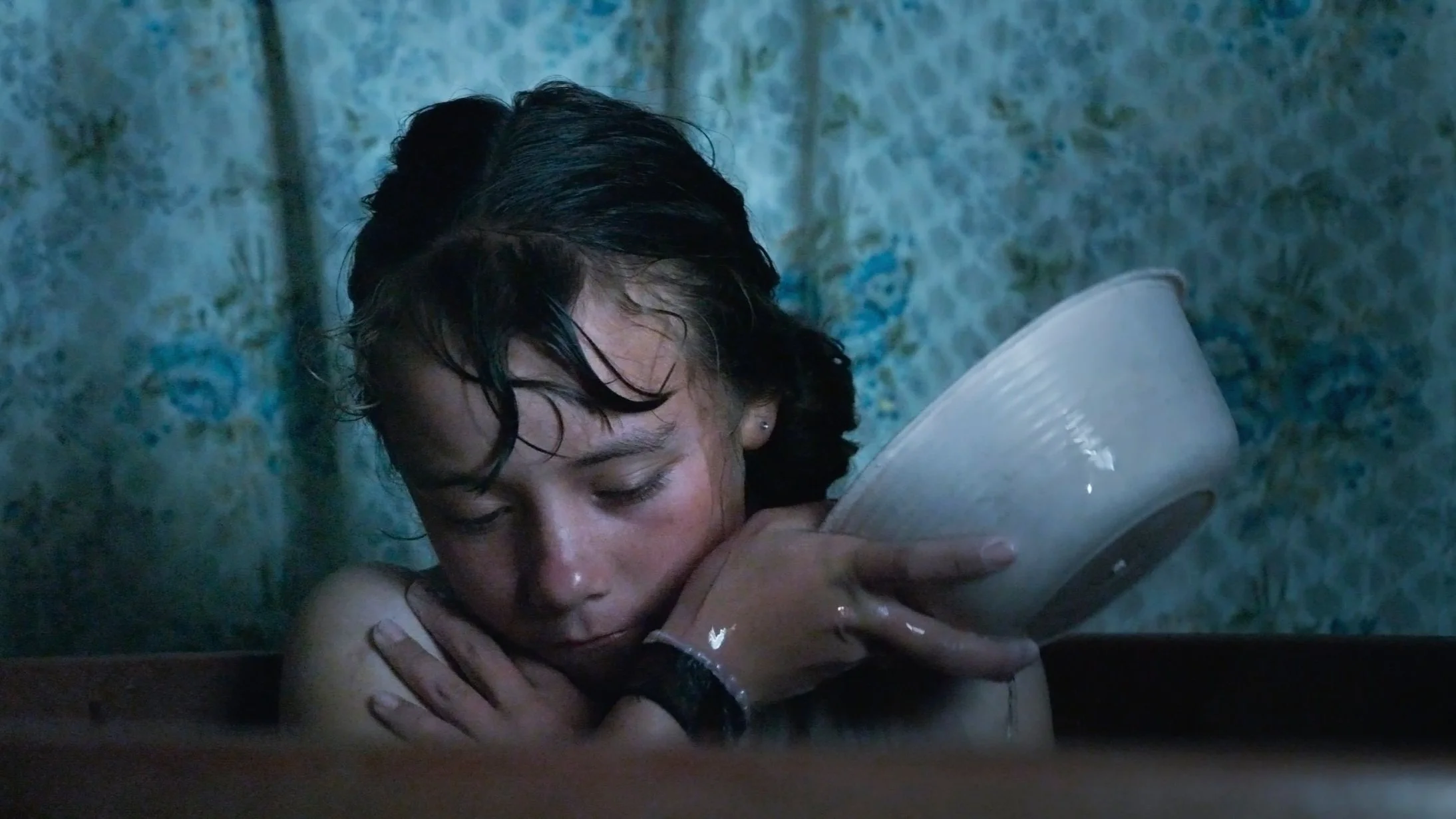The Echo
Life in a Mexican village yields a documentary that is a work of art.
Image courtesy of New Wave Films
I first came across the work of Tatiana Huezo when I saw her deeply impressive Mexican drama Prayers for the Stolen made in 2021. However, she built her reputation as a documentarian and it is to that genre that she returns with her latest feature, The Echo, which has won many awards at international festivals. It is undoubtedly a film of strong artistic merit and also a piece that feels deeply humane, the latter being something that is likely present in all of Huezo’s work. These are considerable virtues and the reservations that I have about The Echo may, at least in part, be down to personal taste.
Leaving that aspect aside for a moment, I should confirm that, having been filmed on location over a period of some eighteen months, The Echo gives a vivid impression of what it is like to live in the Mexican village that gives the film its name, El Eco. The length of time spent shooting it means that the film encompasses the changing seasons while also enabling us to see how the lives of the key individuals featured develop. One person dies and an animal is buried too, but for the most part this documentary rather than possessing a narrative is a vision of life reflected through the passing of time.
The film quickly brings screen centre one particular family represented by three generations. Montse, a teenager, is one of the siblings and, with her father often away engaged in construction work, it is her mother who in many respects is the key figure in the household. Also present is the old grandmother who is lovingly cared for and early on we find Montse being told that the responsibility for looking after her and bathing her will be the youngster’s special duty. In addition to home scenes, The Echo is a portrait of a rural area where attending sheep and growing corn are major concerns, all of which is vividly captured in scenes of sheep shearing and herding while the countryside is portrayed in all weathers (downpours of rain can be torrential but the threat of drought is a greater issue). There are many children around and we get a fair amount of footage shot in a school room.
These days it is never surprising to come across films that are admirably photographed but when you see The Echo you are aware that the work here of the photographer Ernesto Pardo, a frequent collaborator with Huezo and also her partner, is something very special indeed. His work never draws attention to itself in a self-conscious way but in admiring the images, be they of the setting or of individual faces, one is aware of a distinction that goes deeper than an eye for composition although that is obviously present too. The look of The Echo will impress all who see it as will Huezo’s response to the people and the way in which she captures their way of life. If a theme has been building up under the surface, it is put into words towards the end in a speech about the way in which education in that area is geared to preparing pupils to work in the fields when many youngsters (Montse proves to be an example) yearn to get away and gain a wider experience of life (Mexico City itself is not so far away).
As for the reservations that affect my rating for this film, they stem from the absence of any commentary which in turn leads to problems due to at least three families being featured. That involves a substantial number of individuals who strike me as inadequately differentiated so that one is left uncertain as to who are friends and who are relatives. Similarly details as to how the local school functions, seemingly involving some of the older pupils instructing the others, are not clarified and, while the screen can suddenly fill for special events (a horse race, a funeral), there is a limited sense of the community as a whole. Huezo’s direction, more free in form than many documentaries, adds to the film’s appeal, but I just wish that she could have found some way to put the material across in a manner that made everything clearer. However, those seeking a general view of life in this village and less concerned with the interrelationships will have fewer distractions when it comes to admiring the many fine qualities in this film.
Original title: El eco.
MANSEL STIMPSON
Featuring Montserrat Hernández, María de los Ángeles Pacheco Tapia, Luz María Vázquez González, Sarahí Rojas Hernández, William Antonio Vázquez González, Uriel Hernández Hernández, Ramiro Hernández Hernández, Berenice Cortés Muñoz, Andrea González Lima.
Dir Tatiana Huezo, Pro Tatiana Huezo and Dalia Reyes, Screenplay Tatiana Huezo, Ph Ernesto Pardo, Ed Lucrecia Gutierrez and Tatiana Huezo, Music Leonardo Heilblum and Jacobo Lieberman.
Radiola Films/The Match Factory-New Wave Films.
102 mins. Mexico/Germany. 2023. UK Rel: 26 July 2024. Cert. 12A.


